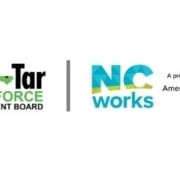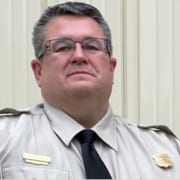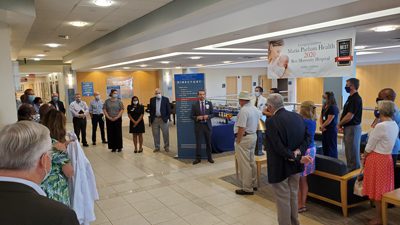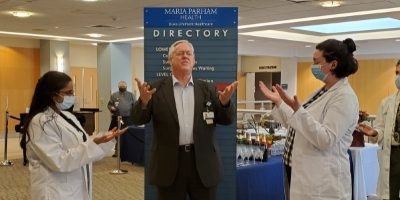TownTalk: Elmwood Area Eyed for Redevelopment
For complete details and audio click play.
The city’s re-established Redevelopment Commission is holding a listening session Thursday, July 22 at 6 p.m. to hear from the community about plans for making upgrades to an area known to city officials as the Elmwood Urban Redevelopment Area (URA).
This listening session, which will be held in Perry Memorial Library’s Farm Bureau room, is part of the overall process, according to Assistant City Manager Paylor Spruill. The library is located at 205 Breckenridge St. The redevelopment committee members “need to hear what the public believes are the important issues for redevelopment, especially in that area,” Spruill told John C. Rose on Tuesday’s Town Talk. He and Council Member Garry Daeke spoke about short-term plans and long-term dreams that just may become reality for Henderson in the next few years.
The Elmwood URA consists of about 200 acres that include both sides of Burwell Avenue, Chestnut Street all the way to Andrews Avenue and almost to Beckford Drive, including Elmwood Cemetery, Spruill said. The city is getting guidance and support from the UNC School of Government’s Development Finance Initiative as it continues to refine a detailed plan for redevelopment for the area.
Residents are invited to complete a survey in advance of Thursday’s meeting. Find the link to the survey at https://ci.henderson.nc.us/government/boards/redevelopment_commission.php as well as more information about the URA process. The meeting is open to the public. The Zoom link is https://unc.zoom.us/j/96903327572 or call toll-free
(855) 880-1246 to listen by phone. The meeting ID is 969 0332 7572.
Daeke said the city has done a good job in the past few years of removing homes that are dilapidated or otherwise substandard. The removal of those structures leaves vacant properties that can now be built on again. The city has been able to accumulate a fund balance that can be used to create affordable housing and direct money to make improvements in neighborhoods. “It will give us the ability and the authority to make wholesale changes in these neighborhoods,” he said, including sidewalks and parks – all of which contributes to increased property values that benefit the immediate area and the city.
Spruill said that Henderson needs 3,000 units of affordable housing now, according to a study that the UNC DFI conducted. And that doesn’t include other types of housing that would be expected for a community the size of Henderson to have, he added. The housing boom that the Raleigh-Durham and Chapel Hill areas have been experiencing for a while is creating a ripple effect that reaches to this area, Spruill noted. People can’t afford those hot housing markets, so they are “beginning to look here to find a place they can afford and where they want to live.” With the redevelopment plan as a guide, we can reach out to the development community, partner with them to make that happen, he added.
The city council has funded another DFI study to look at the Flint Hill community. Continued support, guidance and recommendations from this group helps municipalities like Henderson interpret state regulations and guides them through the necessary steps before recommending a workable plan. “I’m glad to have them here,” Spruill said of the UNC DFI team. “They’ve been a great help.” Once the redevelopment commission completes its work, the plan will go to the planning commission before taking its final form for presentation to the city council for adoption.
Between redevelopment plans and additional talk about placement of a train station for proposed rail service – both commuter and high-speed trains – Henderson is in a good place for improvements.
Daeke said the city council, along with city staff, have been laying the groundwork over the past few years to support the upgrades and said several things, including this redevelopment project, are finally coming together – now it’s time to put the funds behind them to make them happen. “I’m very proud to be a resident of Henderson most of my life,” Daeke said, and predicted that, 10 years from now, the community will be looking back proudly at the work being considered now.











 Saincher comes from a small town outside Vancouver, British Columbia, Canada. She studied medicine at St. George’s University in London and then completed clinicals in Philadelphia. Koinis said she is happy to leave all the cement of big cities for a return to small-town life.
Saincher comes from a small town outside Vancouver, British Columbia, Canada. She studied medicine at St. George’s University in London and then completed clinicals in Philadelphia. Koinis said she is happy to leave all the cement of big cities for a return to small-town life.